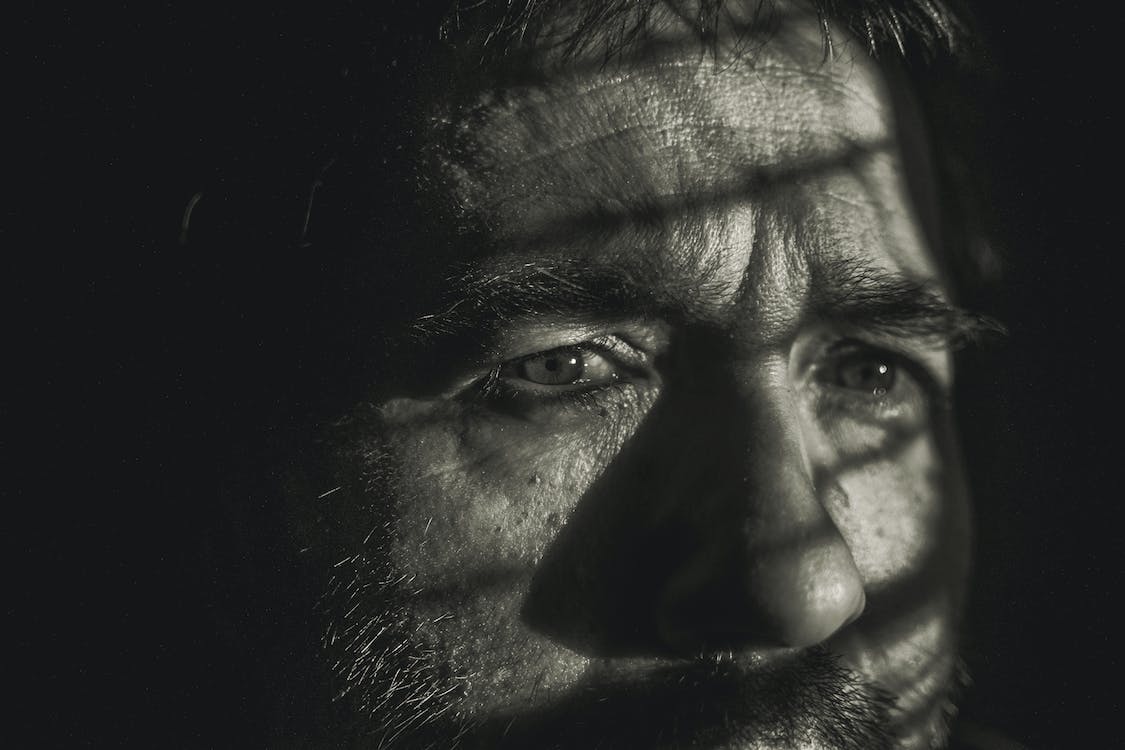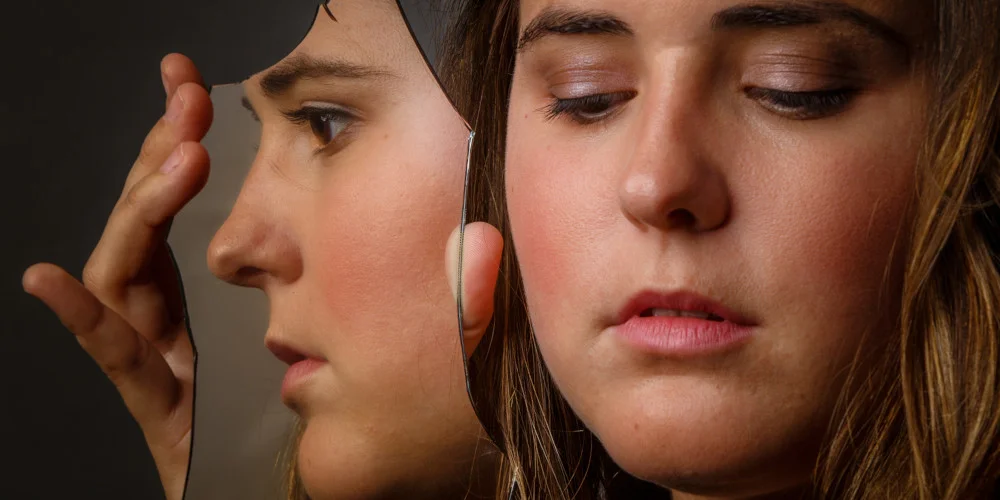When it comes to addiction and mental health, the stigma attached to these issues can often prevent individuals from seeking the help they need. As a family member looking to support your loved one in finding treatment, it is essential to redefine strength and acknowledge vulnerability as key components of the recovery journey. By addressing the stigma and providing a supportive environment, you can help your loved one break free from the chains of addiction and mental health challenges.
Frequently Asked Questions:
- Can addiction and mental health be treated simultaneously?
- How can I best support my loved one in seeking treatment?
- What are some signs that indicate professional help is needed?
- What types of treatment options are available in South Africa?
- How long does the treatment process typically take?
- What role does family involvement play in the recovery journey?
- Are there support groups or resources specifically for families of individuals with addiction and mental health issues?
- How can I address stigma within my own community or social circles?
- Can individuals with addiction and mental health challenges fully recover and lead fulfilling lives?
- How do I ensure a successful transition from treatment back into daily life?
Answers from Changes Rehab:
- Yes, addiction and mental health often co-occur, and it is important to address both issues simultaneously to achieve long-term recovery.
- Supporting your loved one starts with open communication, expressing concern without judgment, and offering empathy and understanding. Encourage them to seek professional help and be there to assist in finding suitable treatment options.
- Signs that professional help may be needed include changes in behavior, severe mood swings, withdrawal from loved ones, decline in personal hygiene, and an inability to fulfill daily responsibilities.
- In South Africa, there are various treatment options available, including residential rehabilitation programs, outpatient therapy, counseling, and support groups.
- The duration of treatment varies based on individual needs, but it can range from several weeks to several months, depending on the severity of the addiction or mental health challenges.
- Family involvement is crucial in the recovery journey. Participating in family therapy, attending support groups, and educating yourself about addiction and mental health can help create a supportive environment for your loved one.
- Support groups such as Al-Anon and Nar-Anon provide resources and a safe space for families of individuals with addiction. Additionally, organizations like the South African Depression and Anxiety Group (SADAG) offer support and guidance.
- Addressing stigma requires open conversations, sharing personal experiences, and educating others about the realities of addiction and mental health challenges. By challenging stereotypes and promoting empathy, you can contribute to breaking the stigma.
- Yes, individuals with addiction and mental health challenges can achieve long-term recovery and lead fulfilling lives. With the right treatment, support, and lifestyle changes, it is possible to overcome challenges and find lasting wellness.
- A successful transition from treatment to daily life involves creating a relapse prevention plan, building a strong support network, and engaging in ongoing therapy or aftercare programs to ensure continued recovery.
By redefining strength to include vulnerability and breaking the stigma surrounding addiction and mental health, you have the power to make a profound impact on the lives of your loved ones and yourself. Embracing vulnerability allows for authentic connections, deeper understanding, and the creation of a supportive environment that fosters healing and growth.
Remember, you are not alone in this journey. Reach out for support, educate yourself, and engage in open and compassionate conversations. Together, we can shatter the barriers of stigma and provide a safe space for individuals to seek the help they need.
As Mahatma Gandhi once said, “Strength does not come from physical capacity. It comes from an indomitable will.” Let your indomitable will to break free from the shackles of stigma and support those in addiction recovery guide you towards a brighter and more fulfilling future.
Keep redefining strength, embracing vulnerability, and inspiring others to do the same. Your actions and words can be the catalyst for change, acceptance, and hope. Together, we can create a world where addiction and mental health are met with empathy, understanding, and effective support.
Remember, you are capable, resilient, and deserving of a life filled with wellness and joy. Let us stand together, united in our efforts to break the stigma, support those in need, and ignite a movement of healing and recovery.
“You are stronger than you know, braver than you believe, and loved more than you can imagine.” – Anonymous




